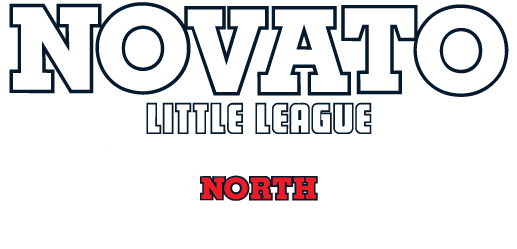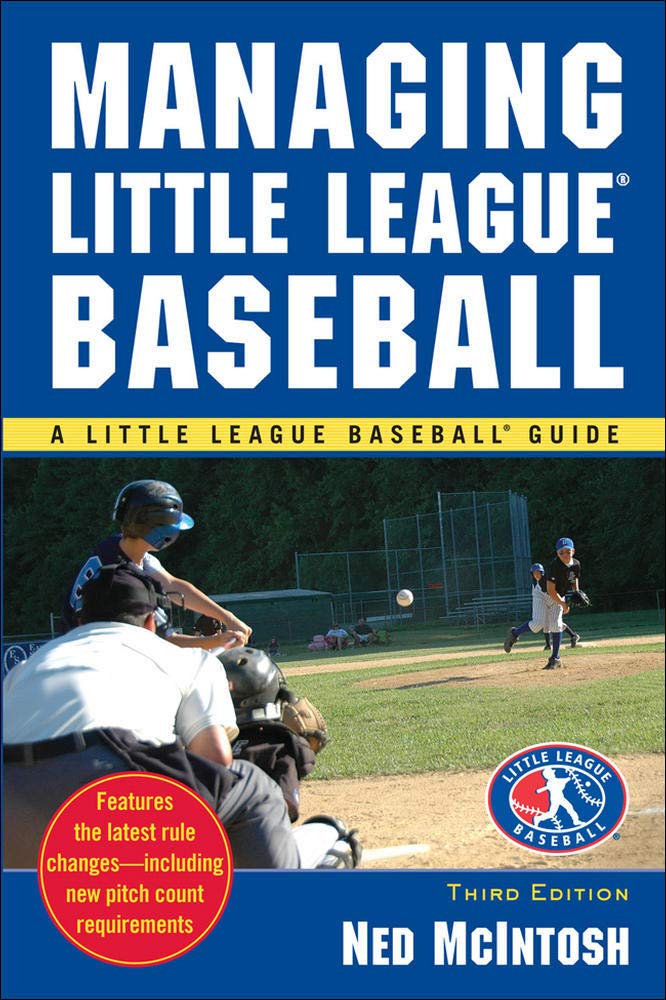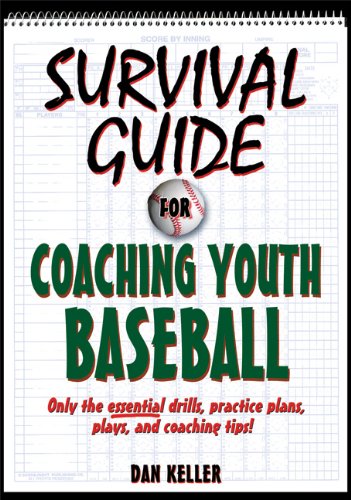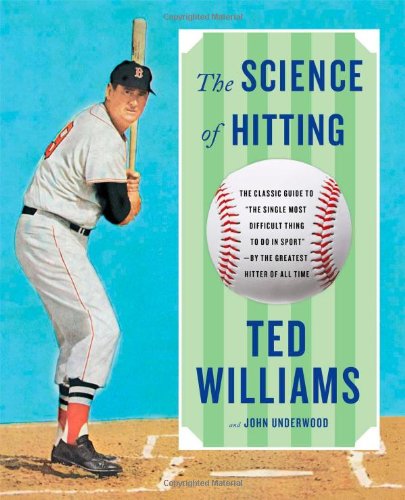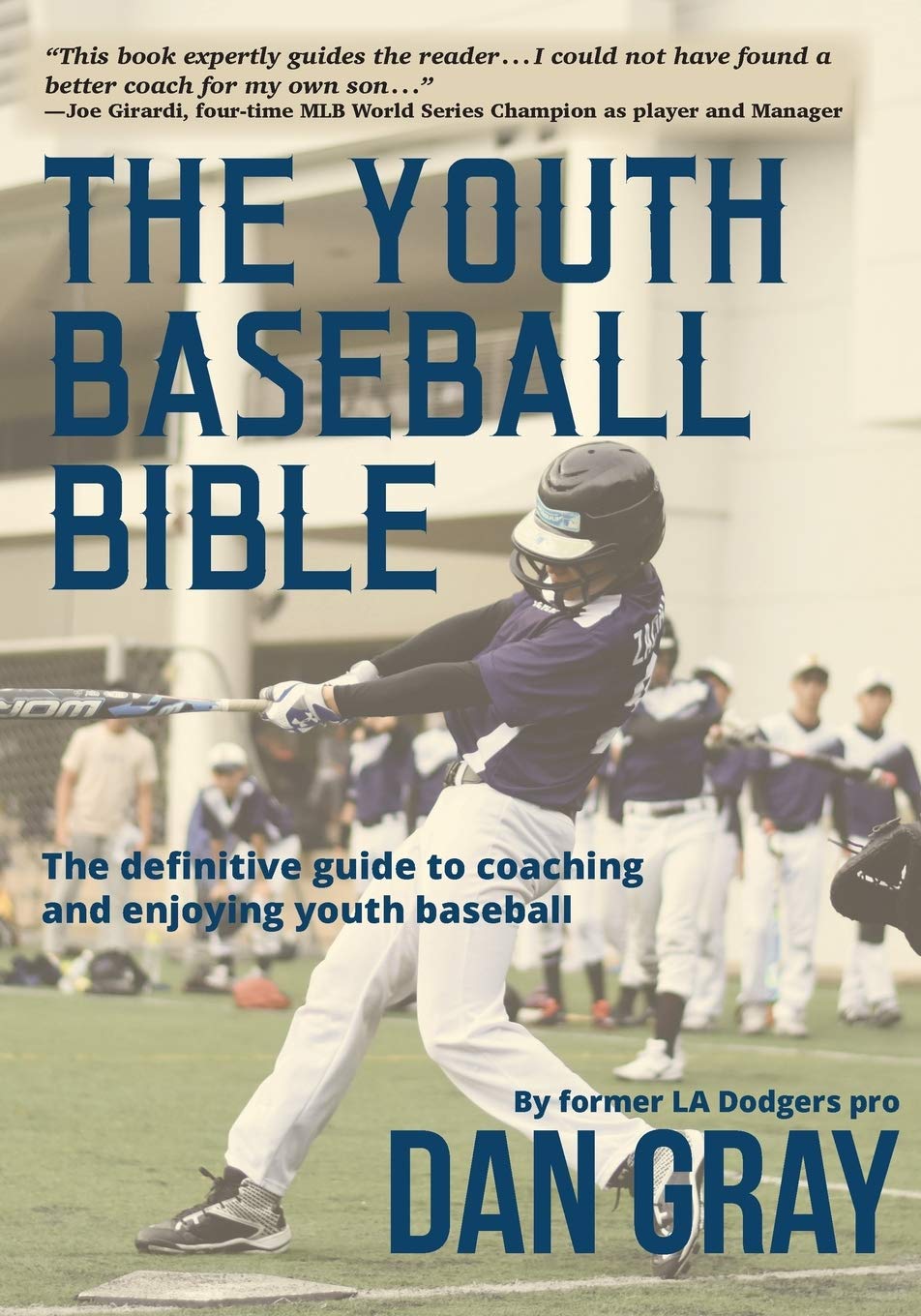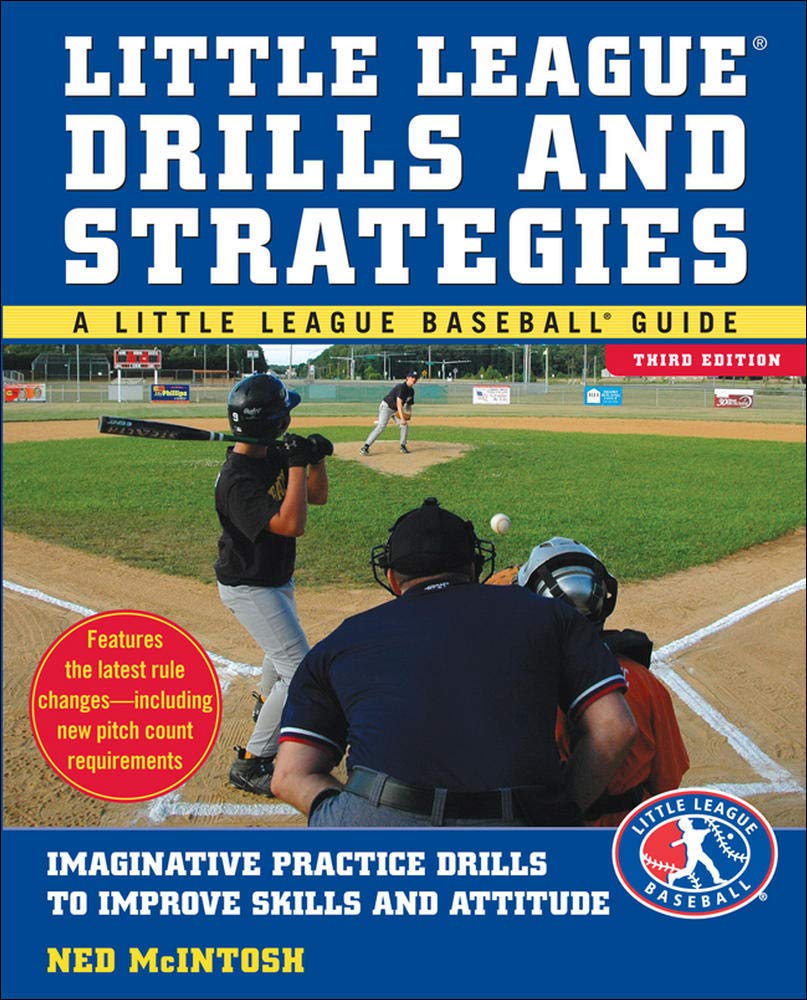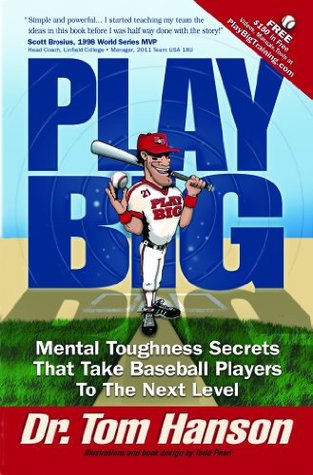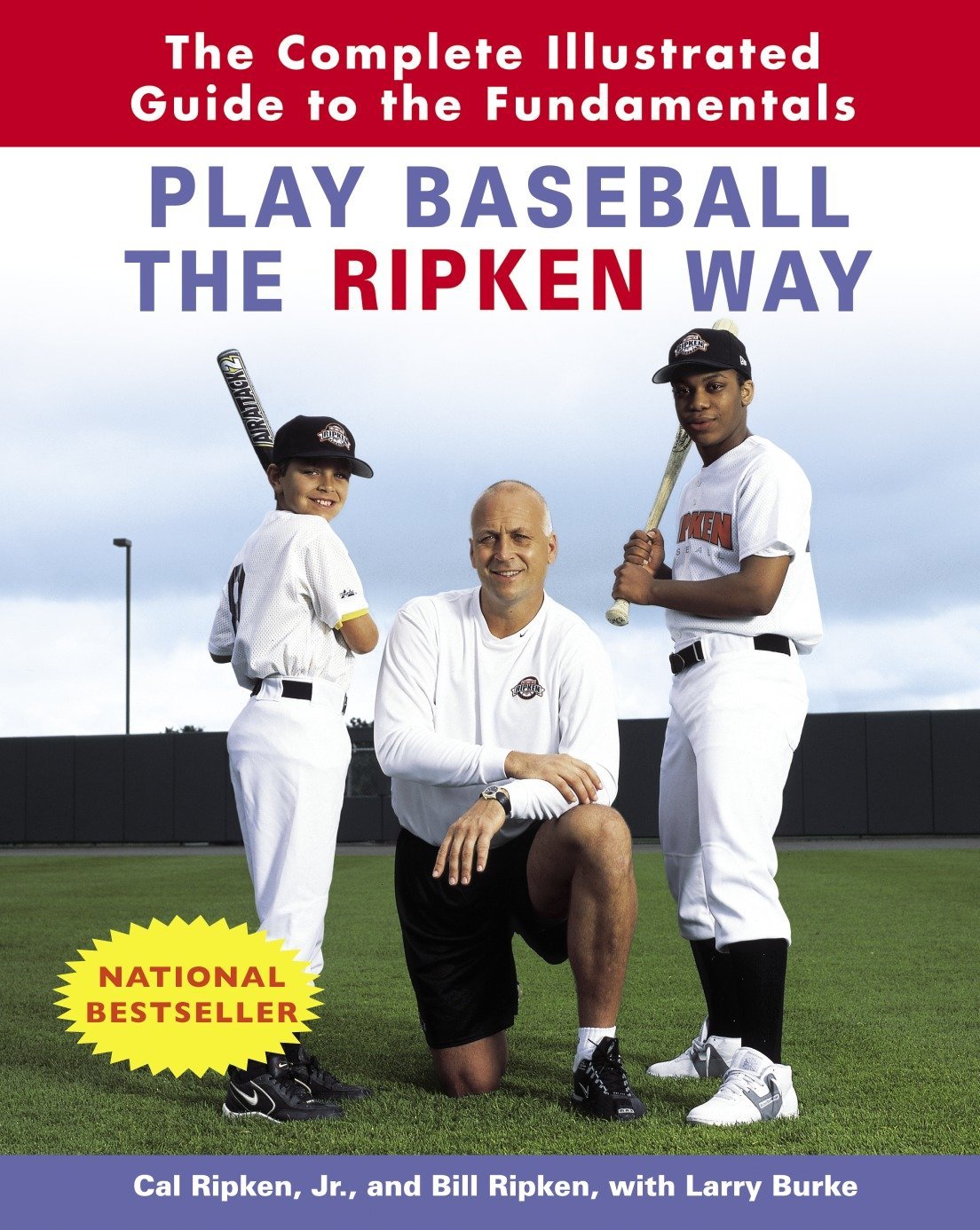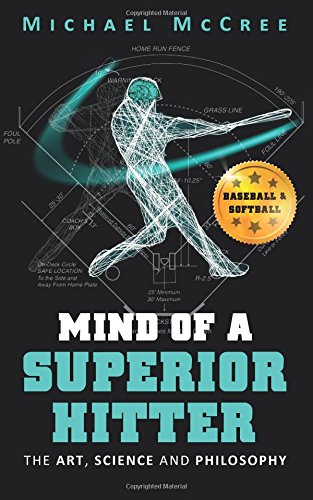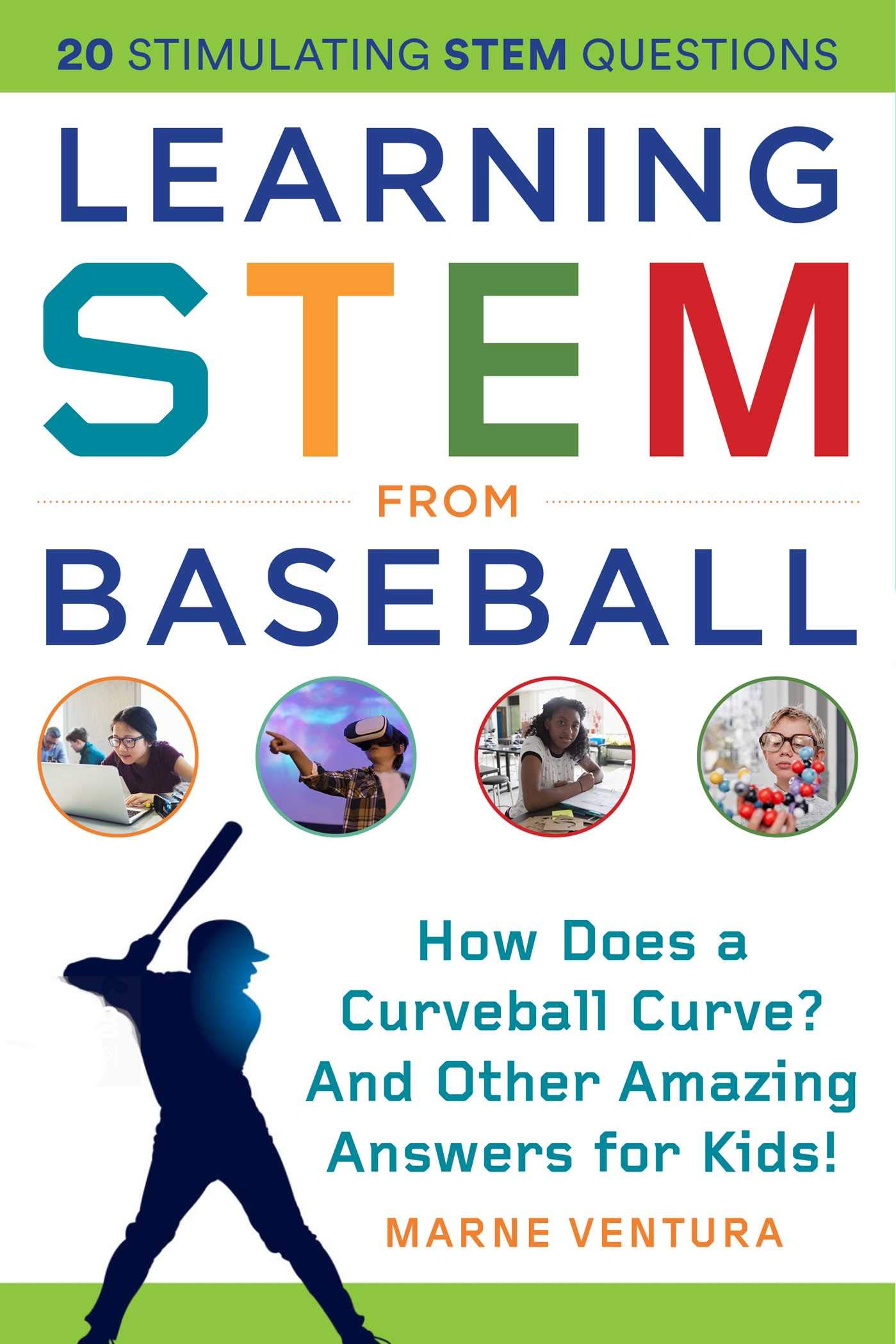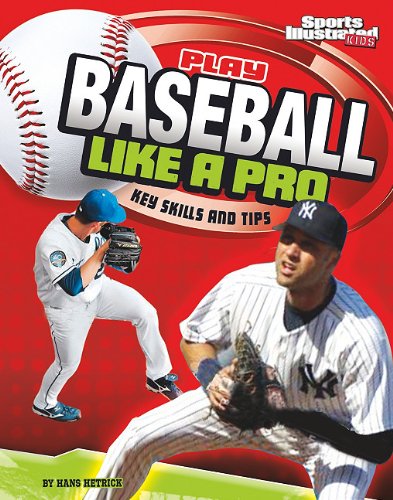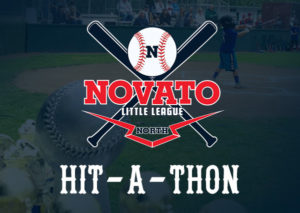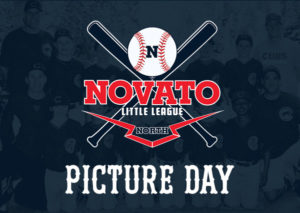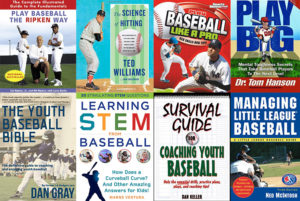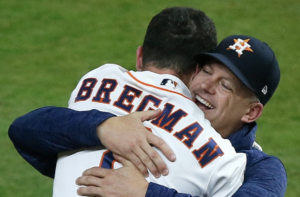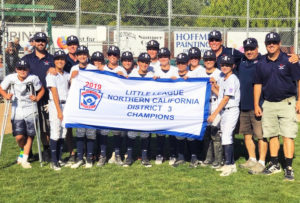The Best Baseball Books for Parents, Kids & Coaches
The great Yogi Berra once said, “Baseball is 90 percent mental. The other half is physical." As we all already know, a strong body and mind go hand in hand in baseball. But with Berra's famous words in mind, we have to admit that figuring out where to turn to learn more about the game sometimes doesn't quite add up.
And so, with no further adieu, here are a few of the best baseball books that we recommend to raise the spin rate of your mental game.
Best Baseball Books For Parents & Coaches
By Ned McIntosh
Considered by some to be the "gold standard" of Little League instructional guides for adults, Managing Little League Baseball is dedicated to helping coaches and parents teach the fundamentals of youth baseball to players—all while emphasizing a "learn the basics and have fun" approach.
The book, which is fully approved by Little League Baseball and illustrated with instructive photos and diagrams, will give you the tools you need to develop prepared ballplayers, including:
- The twenty most important Little League baseball rules
- The fundamentals of hitting, baserunning, defense and pitching
- Tips on motivating players, game strategy and dealing with competitive pressure
By Dan Keller
If Managing Little League Baseball is the '90's David Cone equivalent of youth baseball books, then Survival Guide is the David Wells of the genre. Seemingly written for the talented-and-effective yet effectively-unprepared new baseball coach or parent, this book has all the corners covered. If you volunteered to coach your kid's baseball team, but you're not sure you know what you're doing, then this is the book for you.
From evaluating players’ skills and establishing realistic goals to using in-game coaching tips, it’s all here—the drills, the strategies, and most importantly, the fun!
Survival Guide for Coaching Youth Baseball has everything you need to develop your team’s fielding, catching, throwing, pitching, and hitting skills. And to have a rewarding and productive season!
By Ted Williams
Ted Williams was arguably the greatest hitter who ever lived. A lifelong student of hitting, he sought advice from every great hitter—and pitcher—he met. Drawing on that advice, Williams produced this all-time batting instructional classic, The Science of Hitting. Using its detailed illustrations, anecdotes and concise coaching, players of all skill levels will learn how to improve their fundamentals and gain keen insights into the finer points of hitting.
This edition is fully revised, with new illustrations and diagrams. This classic book from the last baseball player in history to break the magic .400 barrier is a must-read for any and all.
By Dan Gray
It would be nice to have a former pro ballplayer influence the development of your child's Little League game, confidence and skills, right? Well, Youth Baseball Bible is your answer. Written by Dan Gray—who was drafted by the Los Angeles Dodgers as a catcher—this book is considered by many as the leading instructional guide on Little League ball. In case you're still on the fence, several baseball greats such as Joe Girardi and Bernie Williams have praised it as one of the best books of its kind around.
By Ned McIntosh
Ned McIntosh—famously of Managing Little League Baseball—can do no wrong. In Little League Drills and Strategies, McIntosh focuses even deeper on his three easy-to-follow rules:
- Teach the basics
- Keep it fun
- Practice, practice, practice
Following these simple yet successful tenets, the book is packed with imaginative drills that you can use to help players strengthen their baseball skills.
Best Baseball Books For Players
By Dr. Tom Hanson
In Play Big, Dr. Tom Hanson does a great job of explaining the mental game of baseball. Amongst the many topics spanning themes such as as coping skills, emotional rebound and grit, the book teaches young players how to overcome hitting slumps, mentally prepare for at bats and much more. Dr. Hanson does a great job, using relatable examples for kids to communicate his various message and recommendations.
This book is probably best suited for players ages 10+, as it deals with the more mature and complex issues of "getting out of your head."
By Cal Ripken, Jr., Bill Ripken & Larry Burke
Possibly the most prolific ballplayer since Lou Gehrig—if not ever—this is Cal Ripken, Jr. and brother Bill Ripken's blueprint for success. Based on the teachings of their father, the late Cal Ripken, Sr.—a player, coach, manager and scout in the Baltimore Orioles system for thirty-seven years–Play Baseball the Ripken Way shows players just what they need to do to be their best while maintaining a sense of fun and accomplishment with every new lesson. At the end of the day, it's Cal. You can't go wrong here.
By Michael McCree
Mind of a Superior Hitter is a pretty interesting book. It's definitely meant for slightly older, more mature Little League kids... but it's also a useful read for the adults coaching them along. (And really, for anyone trying to hit a ball.)
This book—which was the inspiration for the film The Mental Mastery of Hitting in Baseball—takes an in-depth look into the key aspects of becoming a great hitter from the perspectives of psychology, emotion and strategy. The book is designed to enhance the intelligence of hitters and includes advice from some of the top hitting coaches in the world.
By Marne Ventura
By integrating the thrill of learning into the context of baseball, Learning STEM from Baseball presents a whole new ball game. Unleash the inner scientist, engineer and mathematician in your child as they learn that sports and STEM go hand-in-hand. Science helps improve the physical game by answering questions like: What's the sweet spot and how does it work?
Maybe your child is one of the lucky few bound for the Major Leagues. But just in case, why not help improve their game while also teaching them a little bit more about Science, Technology, Engineering and Mathematics with Learning STEM from Baseball?
By Hans Carroll Hetrick
There’s more to baseball than slamming big home runs and this book certainly focuses on those aspects of the game—from pitching skills and stealing bases to turning double plays.
This book is great. It's a fun and exciting introduction to some of the finer points of the game. Ideally, this book is for NLLN Rookie alums who are moving up to the Minors—it is written for a younger audience and focuses on a lot of semi-mature Little League concepts such as pitching, bunting and stealing.
Read More From

